Chronic stress can cause a dysregulation of the hypothalamus-pituitary-adrenal (HPA) axis, commonly known as adrenal fatigue or burnout. Depending on the degree on dysregulation, you may need assistance to balance cortisol production, promote sleep, relieve anxiety, improve moods, balance blood glucose, increase energy and foster stress resilience.
Thankfully, there are key herbs and supplements with evidence behind them to support you on your journey. This blog will introduce you to 15 of the best to consider.
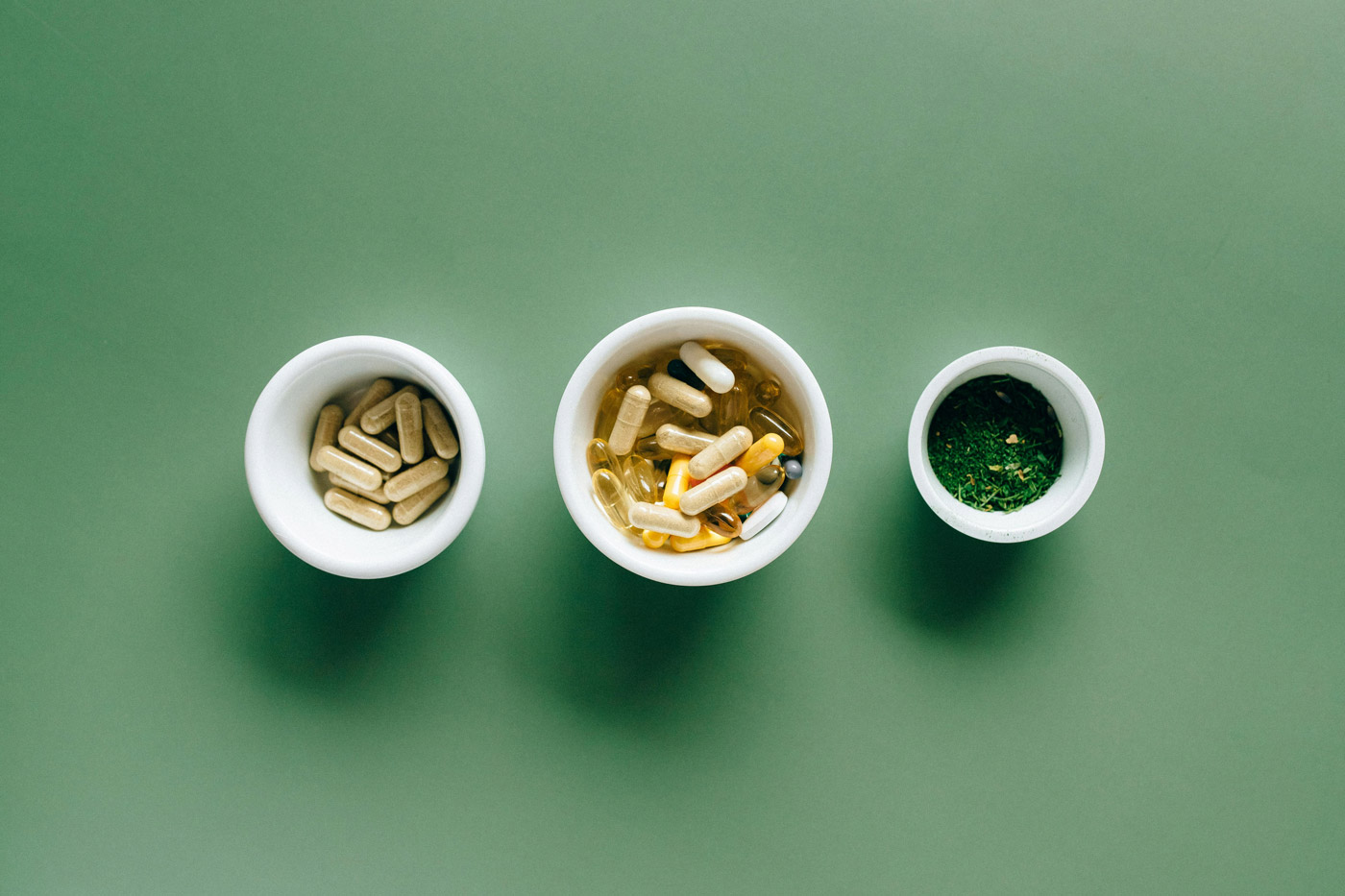
1. Magnesium
Magnesium is a key nutrient in the physiological stress response, with both stress and low magnesium potentiating each other’s negative effects (cortisol and magnesium have an inverse relationship, so, the higher cortisol rises, the lower magnesium falls, and the lower the magnesium reserves, the greater the susceptibility to stress) [1].
Magnesium can lower anxiety, reduce muscle tension, help promote sleep, lower blood pressure, prevent excessive cortisol and promote better insulin sensitivity.
The ideal form is magnesium glycinate, as the glycine molecule is able to cross the blood brain barrier, converting to the inhibitory/calming neurotransmitter, GABA, therefore conferring extra benefits.
🍷 I totally get it – drinking is a common coping mechanism for stress, BUT it is known that alcohol depletes the body of magnesium [2] – so is best avoided. Try a cup of lemon balm tea instead – more on lemon balm below.
2. B complex
B group vitamins support HPA activity and mitigate stress-related symptoms in several ways. Of note, vitamin B5 helps to regulate cortisol production, vitamin B6 is required in the synthesis of GABA, dopamine and serotonin (and therefore, balanced moods), and vitamin B12 is required for energy.
3. CoQ10
CoQ10 is an antioxidant that helps protect and support the mitochrondria – the little organelles within every cell that are responsible for producing energy in the form of ATP.
Supplemental CoQ10 can significantly reduce fatigue induced by chronic stress [3].
4. Vitamin C 🍋
Vitamin C is essential for a healthy stress response [4].
The adrenal glands hold the greatest concentration of vitamin C in the body. It is a co-factor in the production of our catecholamines, which are the first responders to stress – a good 10-15 minutes or so before cortisol is produced and released.
Just 500mg per day of vitamin C has been found to support stress resilience by reducing anxiety, elevated heart rate and stress symptoms (dry mouth and digestive distress) [5, 6].
A slightly greater dose of 1,000mg daily has been shown to significantly increase work motivation, attention and focus [7].
5. Glandulars 🐷
Porcine glandular tissue (adrenal, gonad, hypothalamus, pituitary) provides building blocks the body can use to support healthy adrenal structure and function in those with low cortisol.
In my experience, the majority of people respond exceptionally well to glandulars. Despite them taking time to come to full effect, for many, it is a like a switch gets flicked on – with a noticeable increase in energy.
6. Inositol
One of the more well-known ‘costs’ of stress on our physiology is elevated insulin and the consequential blood sugar dysregulation it causes.
Where cortisol goes, insulin follows – and when there is an excess in the blood stream, cellular resistance occurs.
Inositol is a type of sugar made in the body and found in food, that has been shown to significantly lower blood glucose and HbA1c levels [8].
It has been shown to improve sleep quality and duration in pregnant women [9], and is lower in patients with sleep disorders [10].
7. Holy basil 🍃
Holy basil’s use in adrenal fatigue is valuable, particularly for its ability to lower cortisol, relieve symptoms of stress, reduce inflammation and support immune function.
One study found that after 8 weeks of supplementation with Holy basil (Ocimum tenuiflorum), hair and salivary cortisol levels decreased, as did blood pressure and perceived stress scores, while sleep quality improved [11].
This is one of my favourite herbs to employ for those who are chronically stressed, exhausted and sick all the time.
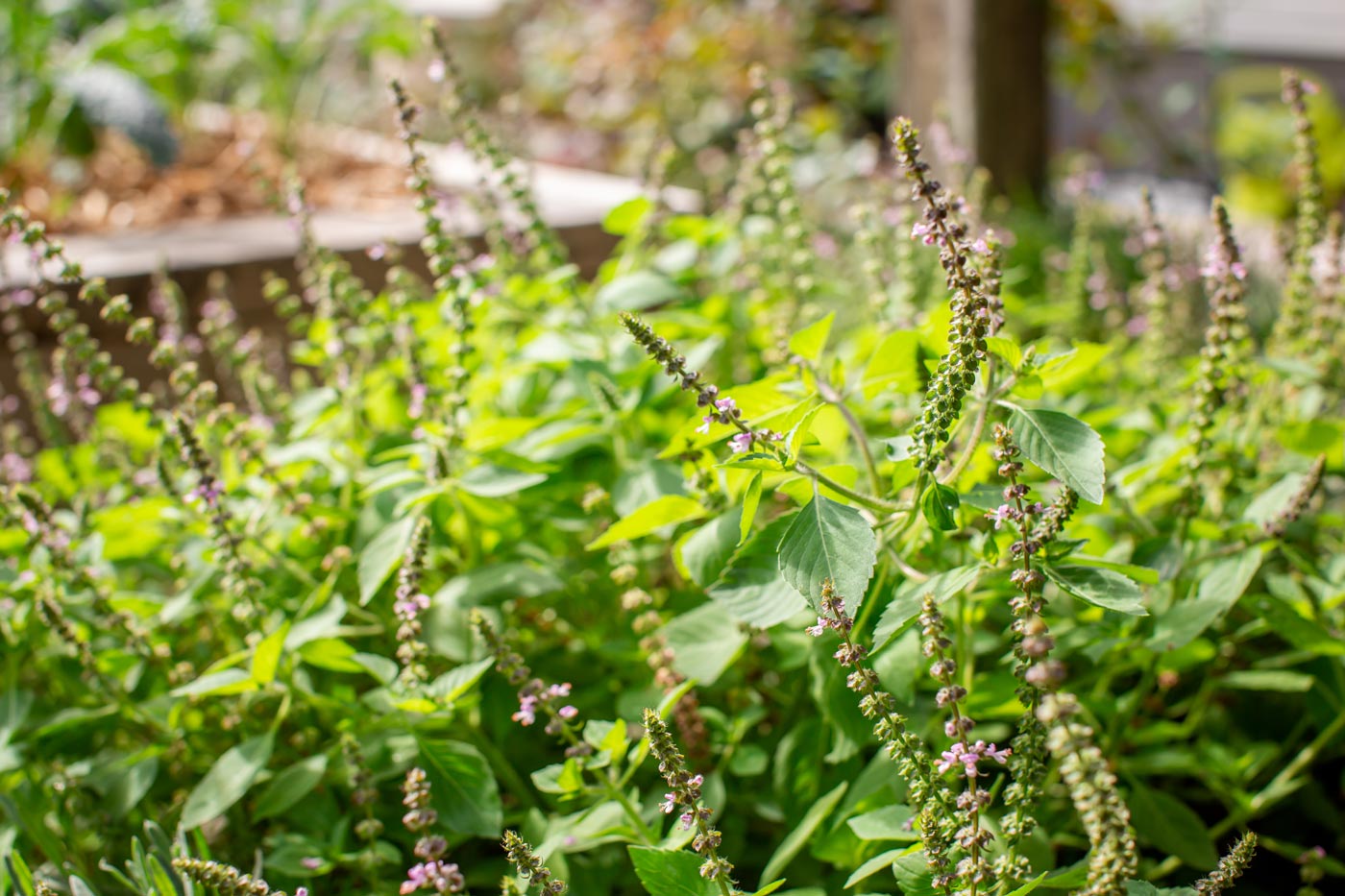
8. Lemon balm
Lemon balm (Melissa officinalis) has been traditionally used for nervous disorders and improves resilience to stress, whilst decreasing anxiety and alleviating negative moods [12]. It has mild sedative properties that relax the nervous system without making you drowsy during the day.
This dee-licious herb is so easy to grow (if not a bit weedy!), so take advantage of its resilience, plant some today and enjoy a tea rich in those therapeutic volatile oils made from the freshly picked leaves.
💁♀️ Lemon balm works on the gut-brain axis – aside from the aforementioned effects, it is also classed as a carminative, a herbal term that simply means it helps relax spasm and cramping in the digestive tract, whilst dispelling gas.
9. Lavender 💜
Lavender (Lavender Angustifolia) is useful in high cortisol states to calm the nervous system and help promote sleep. Lavender oil at 160mg per day has been found to be superior to an SSRI (paroxetine) at reducing anxiety [13].
10. Passionflower
Passionflower (Passiflora incarnata) is well-known to support the nervous system, reduce anxiety and promote sleep. One study found a single dose of passionflower was comparable to benzodiazepine in its anti-anxiety effects [14].
11. Ashwaganda
Ashwagandha (Withania somnifera) can be used in adrenal fatigue in both high or low cortisol pictures due to its modulating effects.
Both chronic stress and insomnia are key indications for this herb. It is helpful for reducing anxiety and improving energy, but is only moderately stimulating when compared with the ginsengs.
Ashwagandha is a thyroid stimulant and iron tonic, so caution is needed in hyperthyroidism and iron overload.
12. Siberian ginseng
Siberian ginseng (Eleutherococcus senticosus) aids in stress adaptation, supports the nervous system, boosts energy and increases general wellbeing.
Because Siberian ginseng is more stimulating than Ashwagandha, it is helpful in those in the exhaustion stage of adrenal fatigue.
13. Rhodiola 🌼
Rhodiola (Rhodiola rosea) is an adaptogenic herb that can be used in both high and low cortisol states. Rhodiola improves energy, symptoms of stress, sleep quality, physical performance, emotional instability, mood and concentration [15, 16].
Rhodiola is among a handful of herbs that are dopaminergic [17], and can help balance the menstrual cycle, due to its inhibitory effect on prolactin.
14. Licorice 🖤
Licorice root (Glycyrrhiza glabra) is very effective at normalising cortisol in low cortisol states, however has many interactions with medications and some contraindications (for example, it can’t be used alongside immunosuppressants and will increase blood pressure).
Because of this, please use under the care of a practitioner.
Nevertheless, I have included it here as it not only helps to restore cortisol, but helps the body to adapt to stress, while lowering inflammation and supporting the gut.
Unlike some of the more drying aromatics, licorice has a soothing demulcent quality that won’t dry out a ‘wired’ nervous system.
15. Tribulus
HPA axis dysregulation can result in abnormal cortisol and or DHEA levels. The relationship between the two markers is of importance, as DHEA helps to buffer the detrimental effects of glucocorticoids on the brain and central nervous system.
Low DHEA relative to cortisol can lead to depression, cognitive disorders and a reduction in hippocampal volume [18].
Although you can supplement with DHEAs, there is evidence to the support the efficacy of the herb Tribulus (Tribulus terrestis) in raising endogenous levels [19].
Because it is androgenic, Tribulus should only be taken under the care and guidance of a qualified herbalist.
Work with a practitioner for a safe and effective prescription tailored to you
As practitioners we are supported by suppliers with stringent quality standards to ensure of purity, potency and consistency.
Further – you can rest assured that the nutritional and herbal medicines you receive fit your constitution, are the appropriate dose for your age, weight, vitality and stage of life, aren’t contraindicated in any way (pregnancy, breastfeeding) and don’t interact with prescribed medications.
In a nutshell – it’s our job to deliver you treatments that are both safe and efficacious. If you’d like some extra support and are local to me here in New Zealand then book a consult for expert care here.
🤍 Lauren
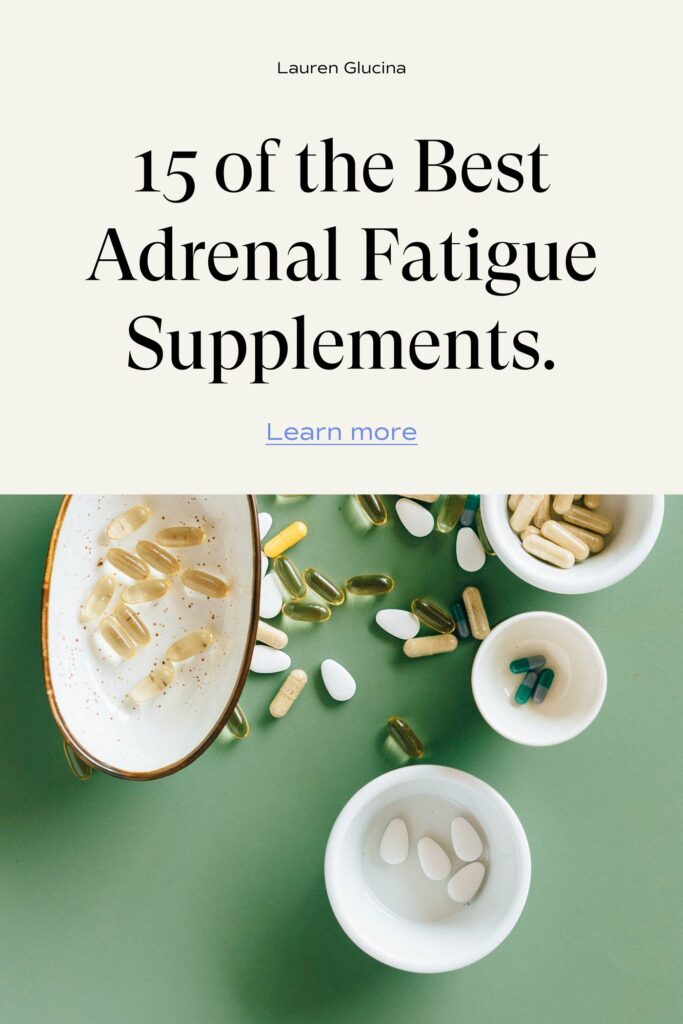
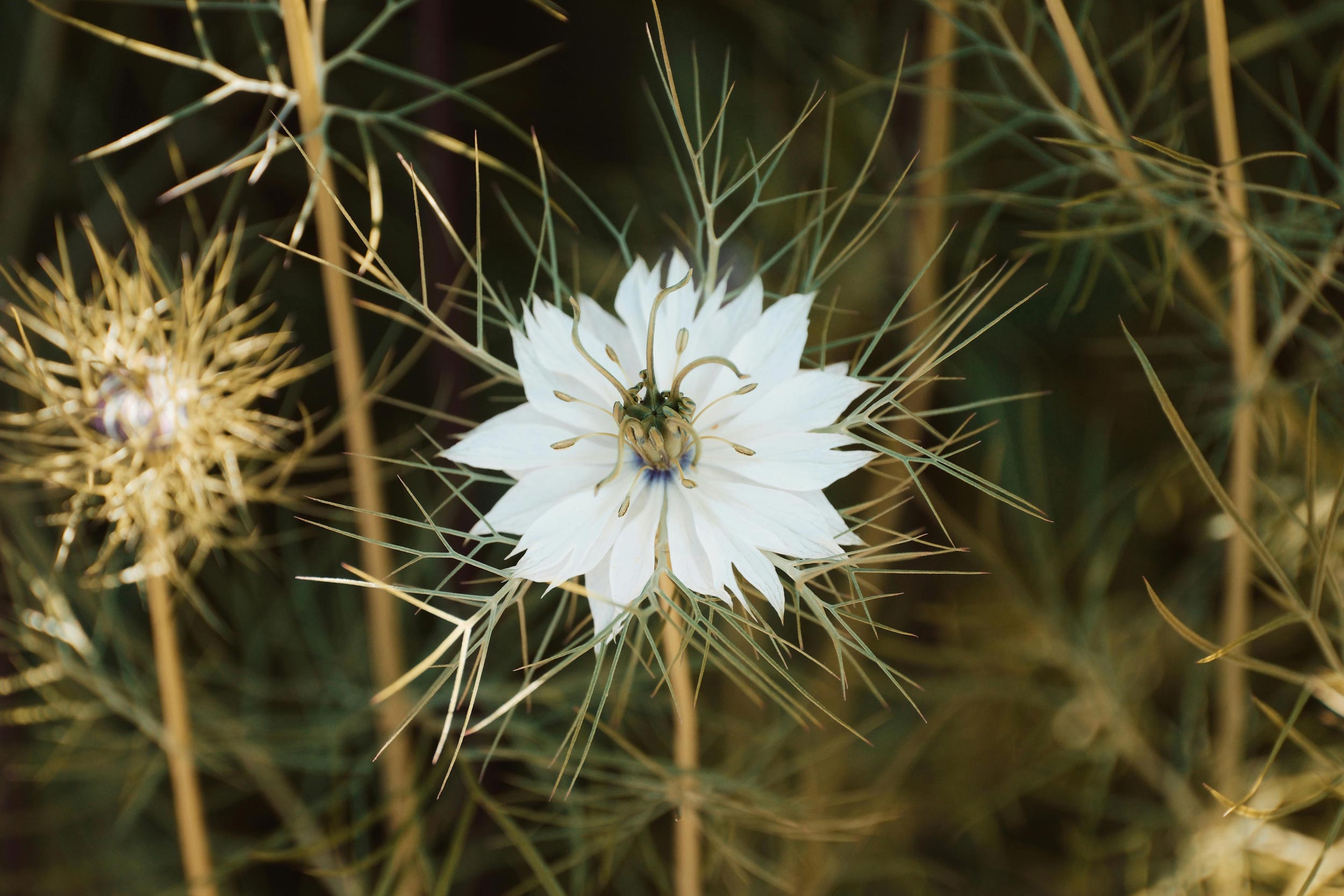


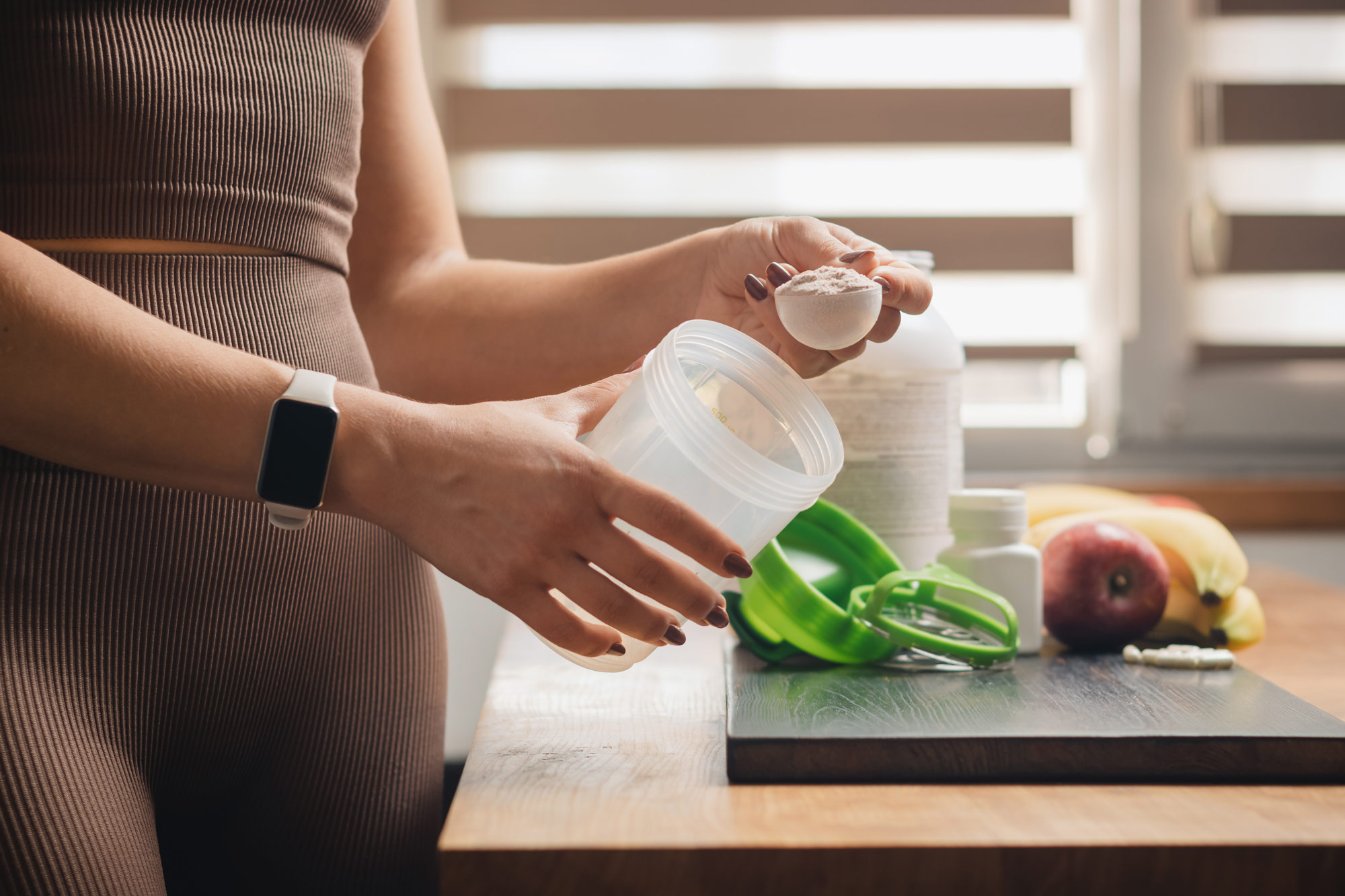
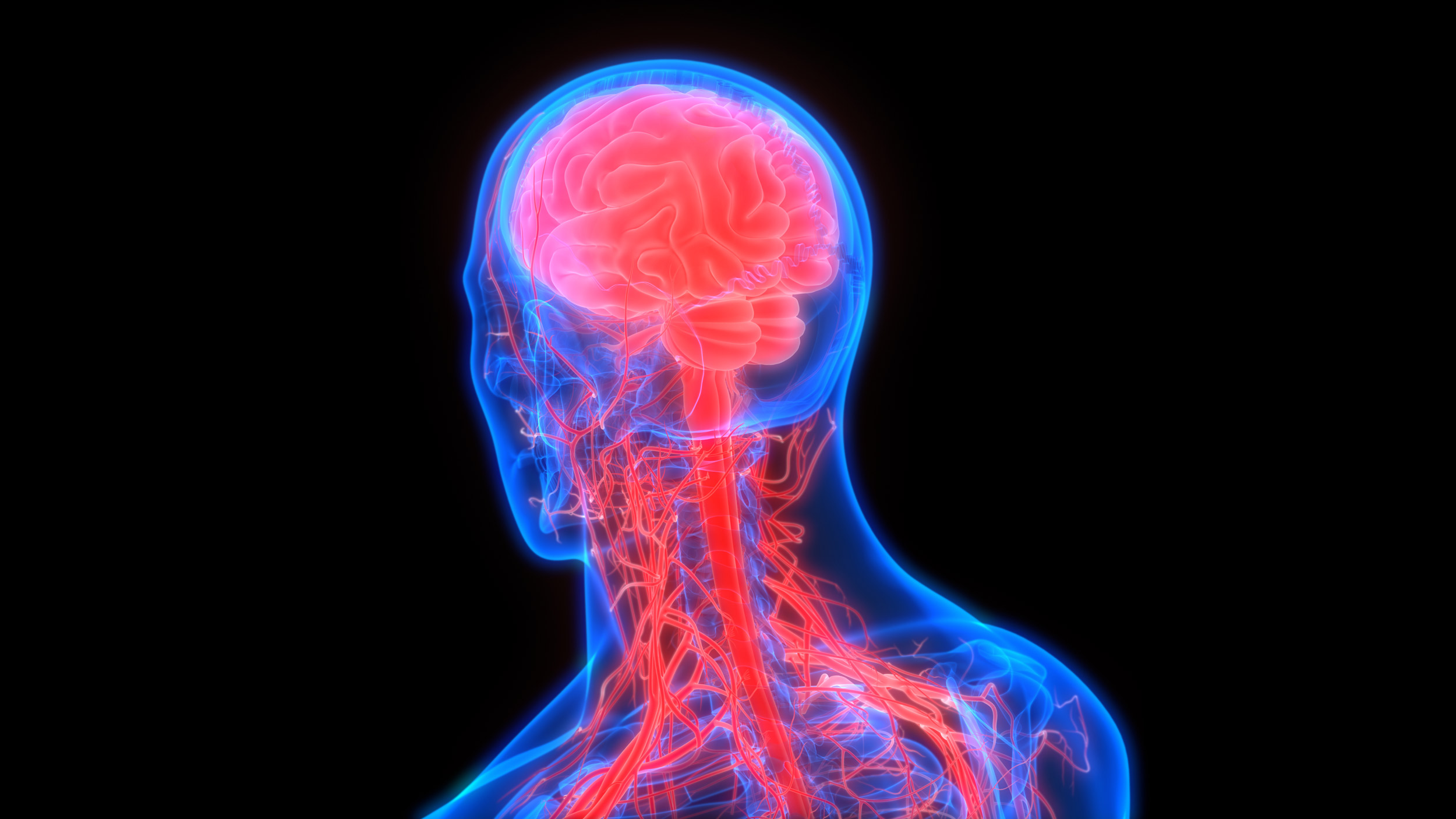
Comments +